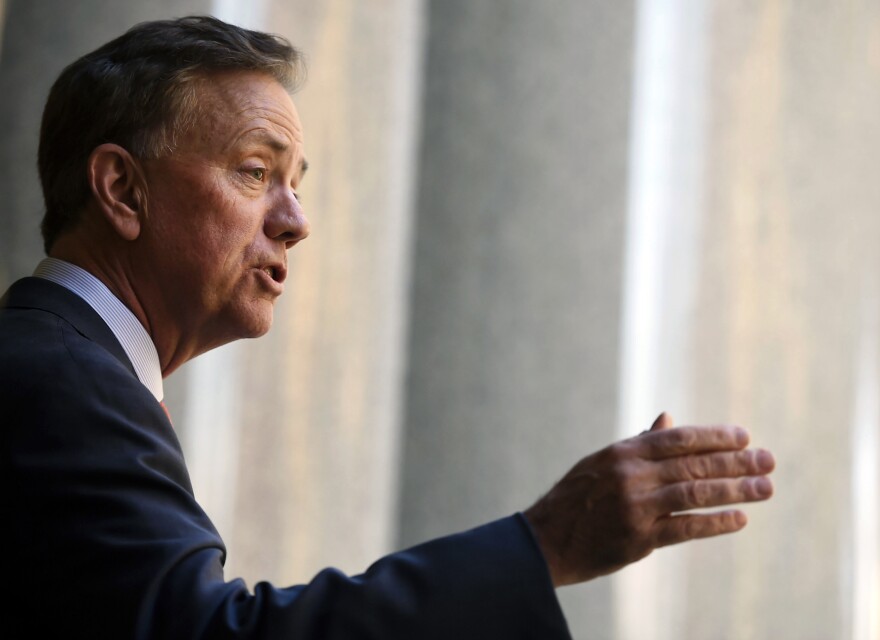Governor Ned Lamont wants to help Connecticut residents who are struggling to pay outstanding medical bills.
Lamont said his plan has the potential to erase more than $2 billion in debt at no cost to state taxpayers.
The governor's plan calls for the state to use $20 million in federal COVID-19 recovery funding from the American Rescue Plan Act. The money would be given to a nonprofit that buys medical debt and pays it off at a fraction of the original cost.
Lamont said the investment would be liberating for Connecticut residents.
“The biggest form of debt in our country is medical debt,” Lamont said. “Medical debt is something you don’t have any control over. You may have a little control over your credit card debt. You don’t have any control over medical debt.”
House Republican Leader Vincent Candelora does not agree with the proposal and said the problems need to be tackled at the root.
"Throwing a considerable chunk of our state's COVID recovery funds to automatically cancel residents' overdue medical debt is a feel-good proposal that deserves more scrutiny, not just because of basic philosophical questions such as who, exactly, gets their debt eliminated, but because it's at odds with the fundamental message the governor and legislative Democrats often portray—that they're being conservative with our money and focused on paying off Connecticut's unfunded obligations that still hover around $90 billion,” Candelora said.
The model has been used by other state and local governments across the country.
Lamont will present the proposal to the General Assembly next week.


